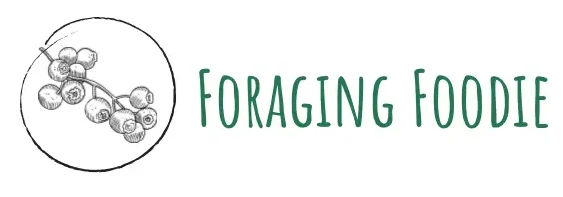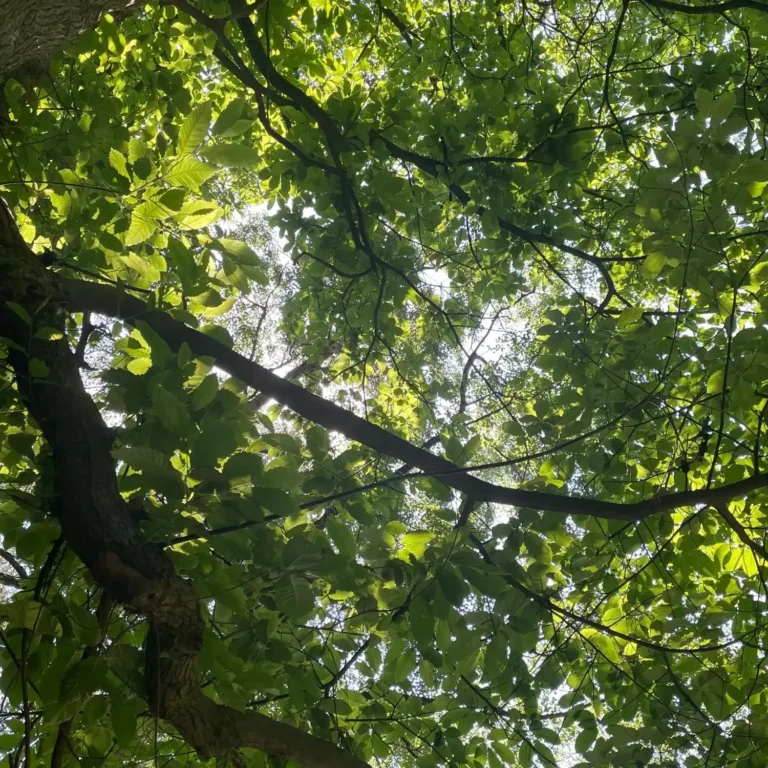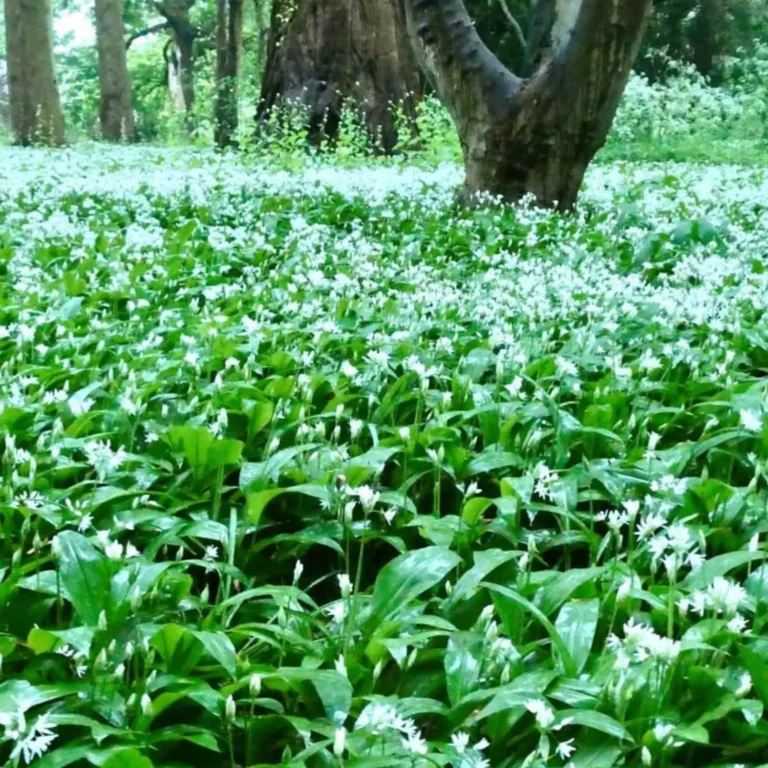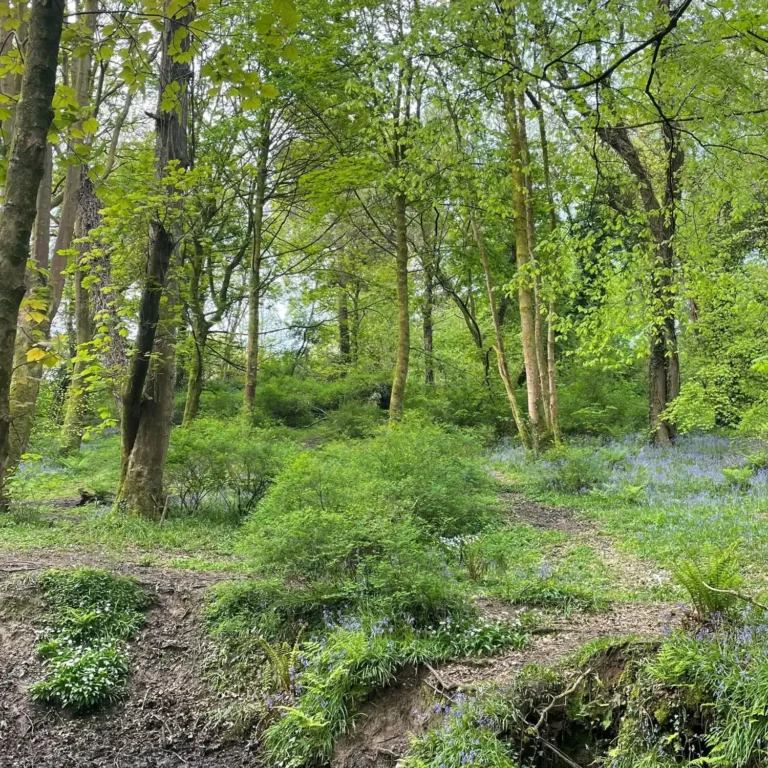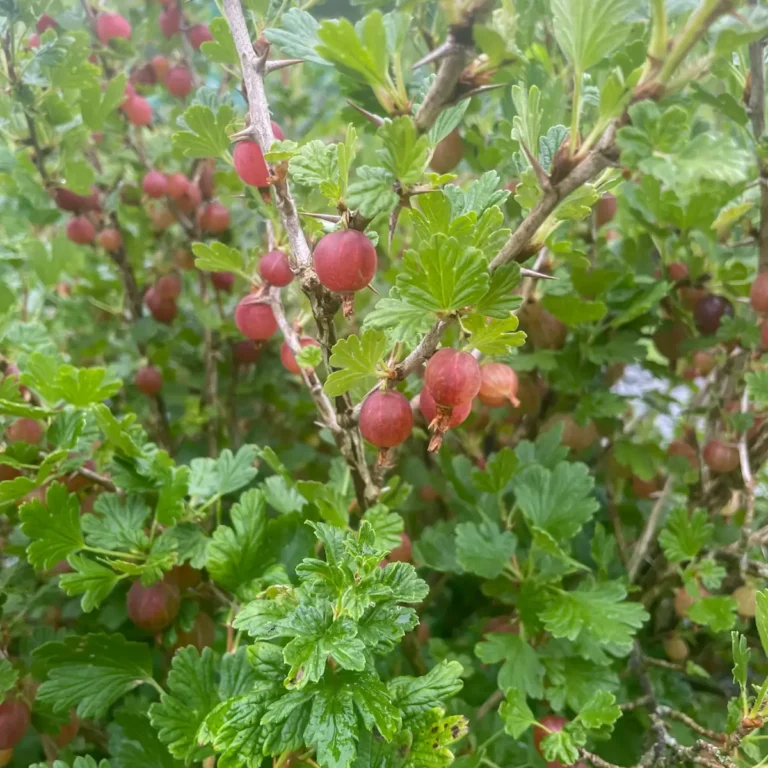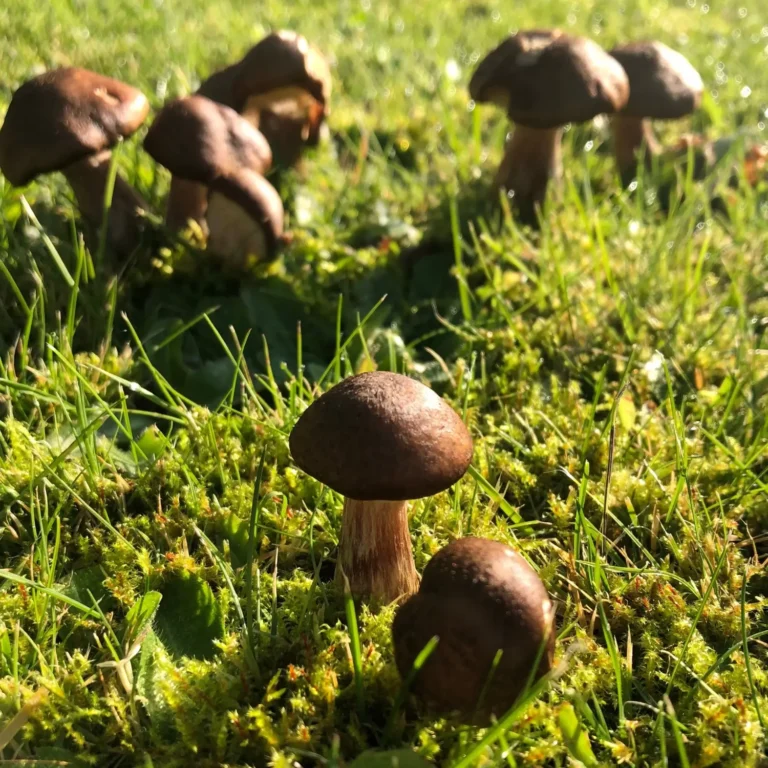Let’s be honest, foraging isn’t always the most practical way to get food on the table. It’s seasonal. It’s unpredictable. It’s muddy, often prickly and occasionally frustrating. Sometimes I come home with a basket brimming with wild garlic or blackberries. Other times, all I’ve got to show for an hour’s walk is a damp sock and a few gooseberry scratches.
But still, I keep going. Because for me, foraging isn’t just about food, it’s about connection.
I forage because it makes me slow down. There’s something wonderfully grounding about stepping outside with no real agenda other than to look. To notice. To pay attention to what’s growing right now. You can’t rush it – nature doesn’t care about your to-do list.
I forage because it helps me feel rooted. When I know where to find wild garlic in spring, or elderflowers in June, or sloes in autumn, I feel part of something. I’m not just watching the seasons change, I’m participating in them. I mark time by what’s flowering, fruiting, fading. It makes the year feel fuller, deeper.
And yes, I know I can buy spinach at the shop. But spinach doesn’t come with a memory. It doesn’t remind me of that woodland path where I first found three-cornered leek, or the excitement on my daughter’s face when she spotted wild strawberries hiding in the grass.
The Story in Every Ingredient
One of the biggest things I’ve learned through foraging is thatt food is never just food. A bowl of blackberries and yoghurt isn’t just breakfast – it’s a walk in late August, it’s scratches on your arms, it’s the smell of bramble leaves in the sun. A handful of dandelion petals in a salad brings with it the memory of a morning spent in the garden, noticing bees and chatting with my toddler about which flowers we could (and couldn’t!) eat.
I cook differently when I forage. I’m slower, more thoughtful. I waste less. I honour the ingredient a bit more, because I worked to find it. I notice its flavour more deeply – not just because it’s wild, but because I remember how it arrived in my kitchen.
A Family Practice
Foraging has also become something I share with my daughter. She’s little, but already knows to look for nettles with gloves, and that wild garlic grows in shady places. She doesn’t see foraging as “a thing we do” – it’s just part of life. Sometimes we go looking for something specific; other times we just see what the hedgerow has to offer.
And on the days when we find nothing? That’s okay too. It’s about the noticing, not the gathering.
What Foraging Has Given Me
It’s easy to get caught up in convenience. I do it too. Life is busy, and sometimes the supermarket is exactly what we need. But I forage because I want something more from my food. I want stories. I want seasonality. I want that feeling of being connected to the land beneath my feet.
I want to be the kind of cook who knows what grows locally, what’s edible, what’s abundant. I want to pass that knowledge on. And I want my meals, even the quick midweek ones, to carry a little bit of wildness with them.
So yes, it’s easier to go to the shops. But foraging gives me something supermarkets never can: a sense of belonging. A sense of wonder. A slower, deeper way of feeding myself and my family.
And that, to me, is worth everything.
Want to Start Foraging Too?
Here are some great places to begin:
- Beginner’s Guide to UK Foraging Laws (Without the Legal Jargon)
- Where Can I Forage? A Friendly Guide to Finding Local Wild Spots
- A Quick guide to foraging in the UK
And if you’re looking for plant-specific guides:
Happy foraging, and don’t forget to pack a snack. Preferably one you picked yourself.
